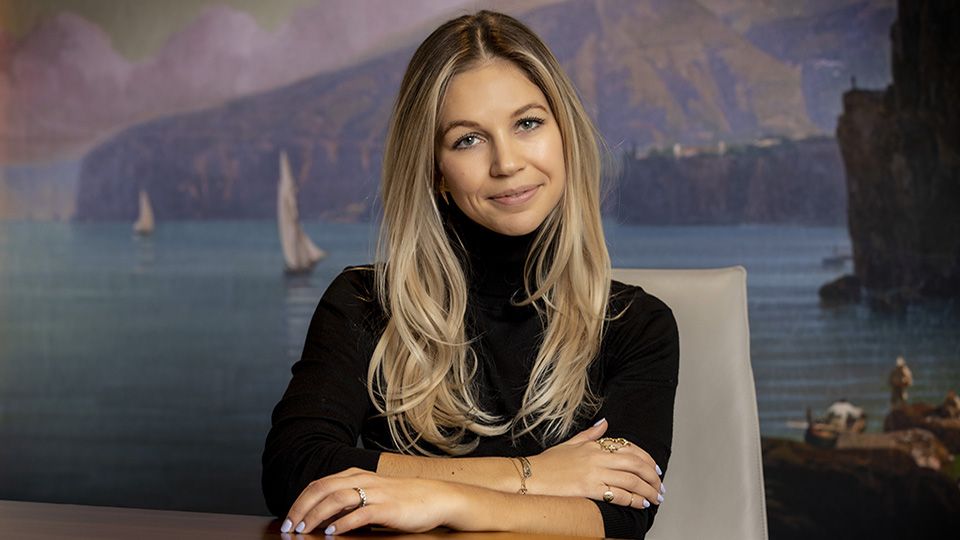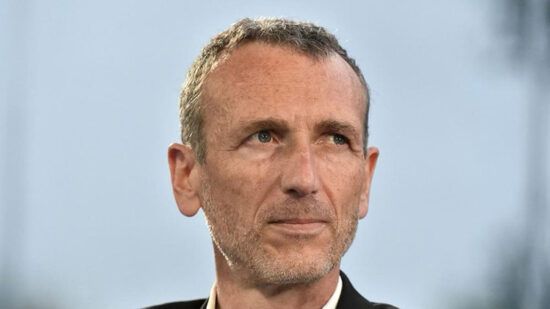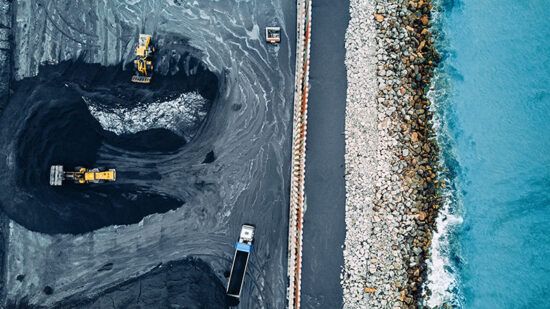There’s something fascinating about seaweed. Perhaps it’s the fact that it’s one of the most ancient organisms, dating back 1.6 billion years, or that it is nine times more populous in our oceans than terrestrial plants are on land.
Seaweed performs a crucial role within ocean ecosystems, providing food and shelter for a host of marine life – from kelp forests providing habitats for thousands of species to phytoplankton, a type of seaweed, providing the base for most marine food chains. Seaweed is also one of the most important organisms on Earth due to its role in sequestering carbon dioxide from the atmosphere. Phytoplankton alone is responsible for capturing around 40% of carbon annually.
For more from Phoebe Stone on the blue economy, see ESG Clarity’s upcoming March digital magazine
Oceans are essential operating systems for civilisation, not just from an environmental perspective, but also an economic point of view. For thousands of years, humans have relied on oceans for food. However, in the last century, humans have abused ocean life through the destruction and exploitation of our seas, extracting economic value with very little awareness or care for the environmental damage being caused. This has accelerated climate change, through for example the destruction of biodiversity (phytoplankton populations have been decreasing at an average of 1% a year over the last 100 years), as well as toxic chemical runoff and desertification, creating an imbalance in ocean ecosystems. Seaweed populations of species such as sargassum have proliferated in recent years, covering beaches and significantly impacting tourism in places like Mexico.
Creating a stable and responsible ‘blue economy’, where we value our oceans not only from an environmental but also a responsible economic lens, is a crucial step in tackling climate change.
See also: High Seas Treaty will boost interest, access and issuance of blue bonds
Despite seaweed’s incredible ability to sequester carbon, as well as its additional properties such as providing a plastic alternative or bio-stimulant for agriculture, the development of a blue economy is said to be at least a decade behind the land-based green transition. This is partially reflective of the fact that damage caused underwater is predominantly invisible, and also a general lack of knowledge about our oceans. This, however, is changing. Due to the increased visibility of the damage humans are causing and that the enormous proliferation of sargassum in the Atlantic can now be seen from space, the recognition that we need a wider range of solutions to solve the climate crisis means that blue carbon, and companies in the seaweed space, are getting the attention of investors.
Oceans are just part of the story. Coastal wetlands environments such as seagrasses (which cover 0.2% of the ocean floor) and salt marshes are estimated to sequester carbon dioxide up to 10 times faster than tropical rainforests.
In order to raise awareness and highlight the opportunity of these areas, we recently held a client event with contributing experts from Carbon Wave, Seafields and The Wildfowl and Wetlands Trust. Whilst the investment arena for blue carbon opportunities is still very nascent compared to land-based green transition counterparts, this will change dramatically in the years to come.
Lightrock, a private equity impact investment manager and part of the LGT Group, is excited about the opportunities in the blue economy from a carbon emissions mitigation perspective and through developing the company’s ‘planet’ theme beyond terrestrial solutions.
Other private equity opportunities that have been launched for clients include exposure to start-ups in the seaweed space, but it remains on a very limited basis due to the early stage of the market. Within LGT Venture Philanthropy’s (VP) work, there are partnerships with Pristine Seas and Brilliant Planet. Pristine Seas works with local communities and governments to establish Marine Protected Areas (MPAs), which enable the ocean to recover and restore biodiversity, protect carbon stocks and improve livelihoods. The organisation is actively contributing to the Global Biodiversity Framework’s 30×30 target of protecting 30% of oceans and land by 2030 and has been instrumental in the creation of 23 of the largest MPAs worldwide, covering an area twice the size of India. Brilliant Planet is a legacy business in the LGT VP portfolio, for which LGT VP has provided early-stage equity business expertise and fund capabilities. Brilliant Planet enables vast quantities of microalgae to grow on coastal desert land which sequester large amounts of carbon.
According to research commissioned by the High Level Panel for a Sustainable Ocean Economy, investing $2trn – $3.7trn from 2020 to 2050 across four key ocean themes could generate $8.2trn – $22.8trn, representing a rate of return on investment of 410% – 615%.
Finding businesses or philanthropic partnerships that are approaching oceans through a holistic environmental and economic lens is crucial to ensure the avoidance of unintended consequences and further climate damage for generations to come.








